
The Mount Olympus
The Romans
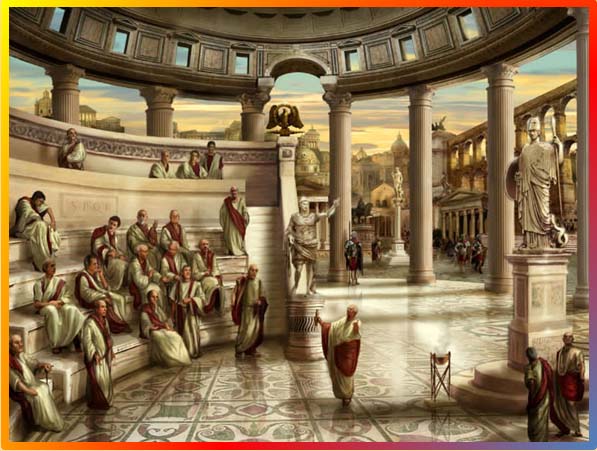
Being originally a barbarian tribe, more interested in military conquests than cosmogony, when these barbarians launched themselves into their military campaigns, conquering a vast empire known as "The Great Roman Empire," they ended up adopting beliefs and customs from one of their conquered - The Greeks. The Greek civilization was the cradle of philosophy, arts and various branches of science, such as mathematics, astronomy, medicine and many others.
The Greeks
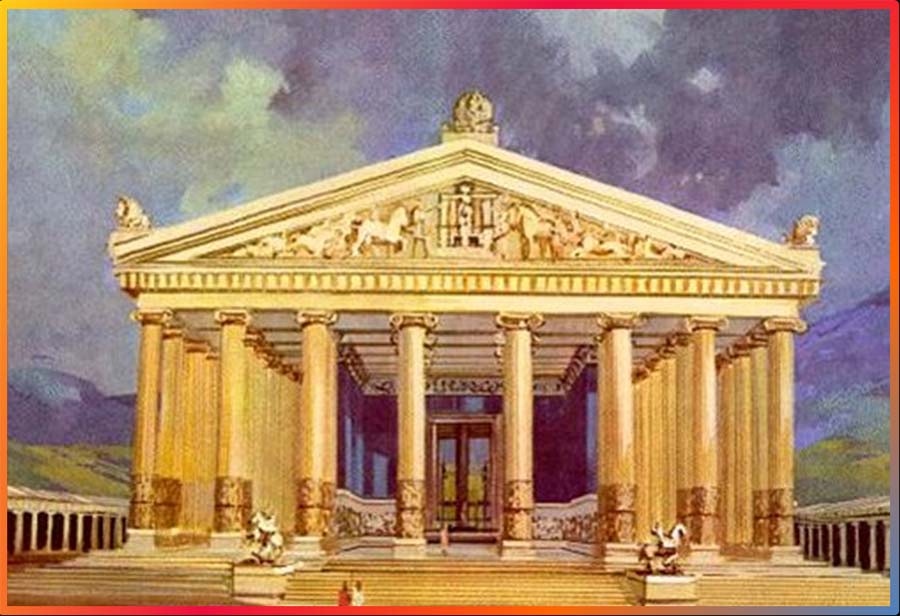
Thus, the Roman and Greek's mythologies adopted the same Gods, with the same functions, but with different names. It is not our purpose to elaborate here on great details about this subject, but for a better understanding of our theme, we list below a brief summary of the main Divinities of Olympus and the roles these Divinities played as reigning Gods over mortals.
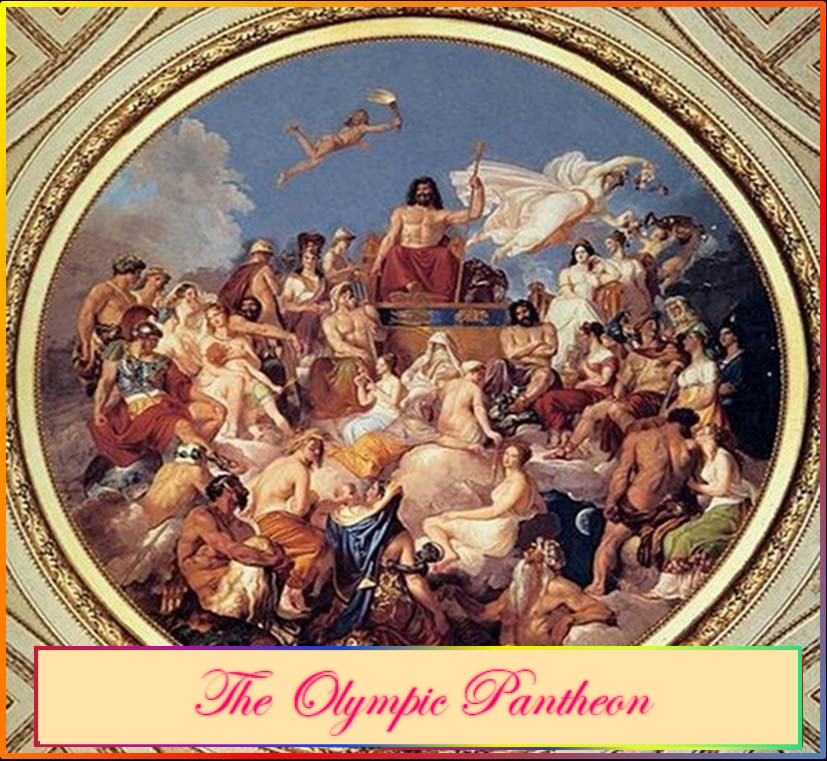
The Gods of Olympus
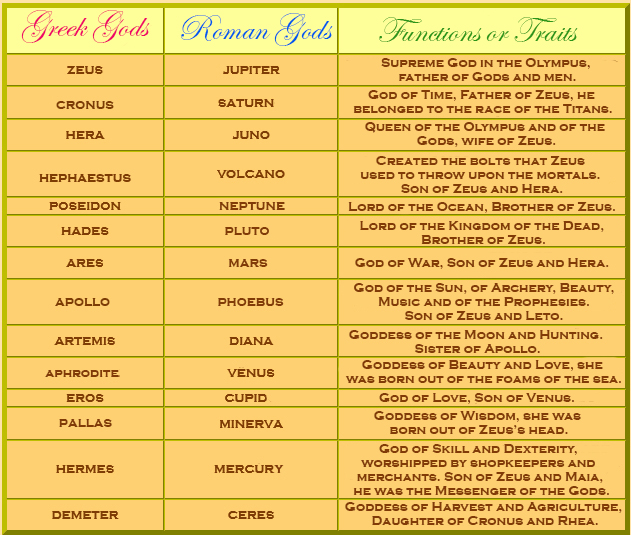
The Hades / Pluto
In Greco-Roman mythology, the souls of the dead were taken to Hades, ruled by the God of the same name - Hades. Hades was reserved for the souls of those who did not deserve punishments or rewards.
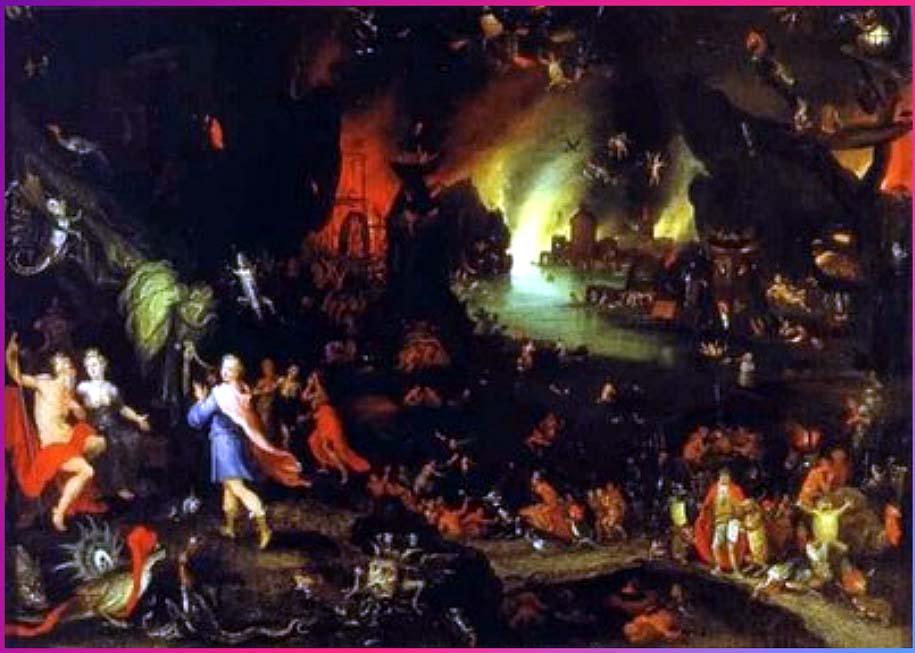
To reach Hades, souls had to cross the river Styx and, to do so, they had to pay the ferryman Charon. For this reason, it was customary to place coins in the mouths and eyes of the dead so that they could pay Charon for the crossing of their souls.
The Ferryman Charon

After crossing the river, each soul was assigned to its rightful eternal home by one of the three judges: Aeacus, Minos or Rhadamanthus.
Aeacus, Minos or Rhadamanthus
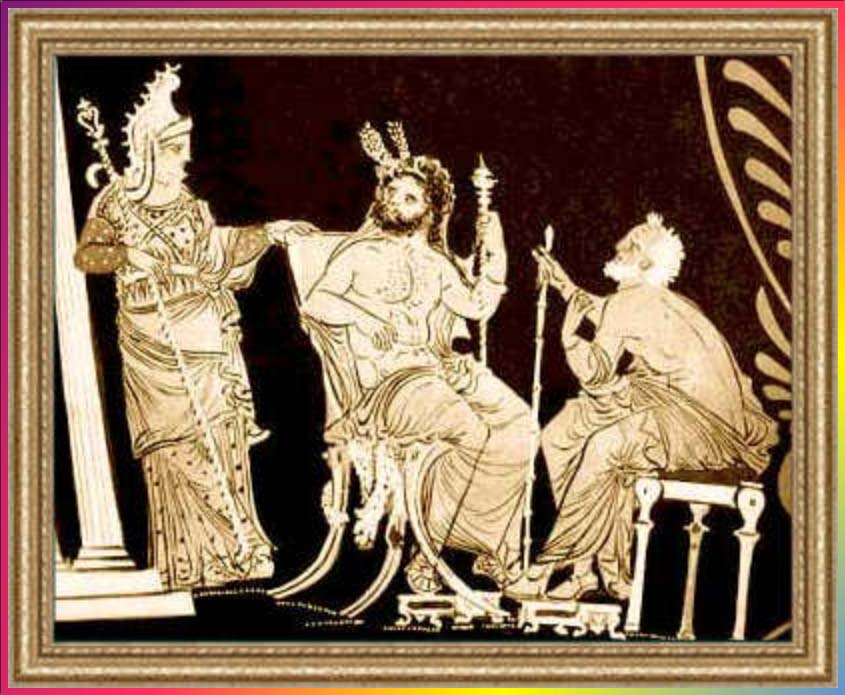
The Tartarus
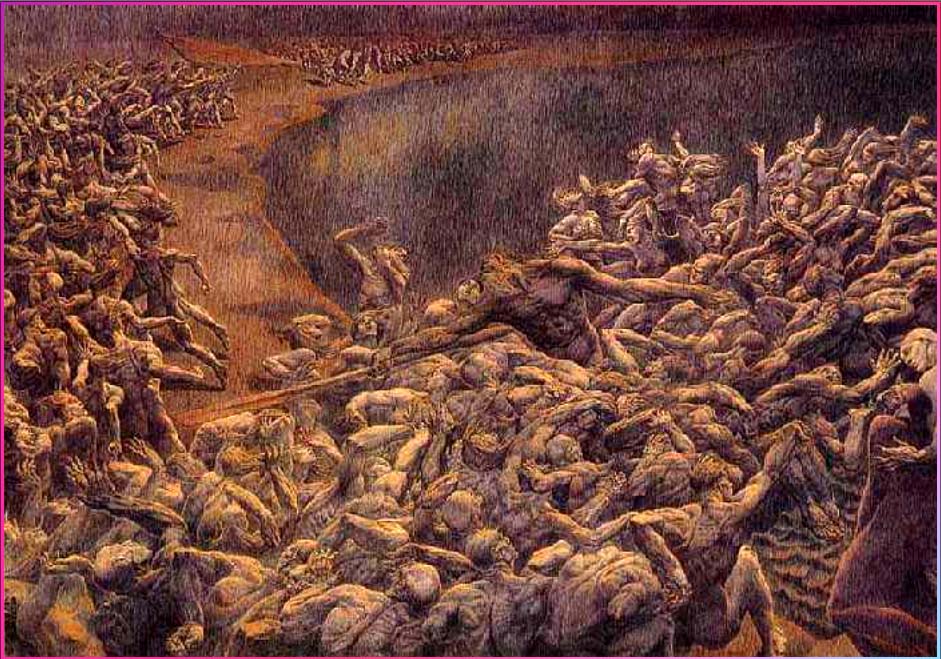
Souls guilty of serious crimes were sent to Tartarus, where they would be tormented eternally by the Erinyes or Furies.
Orestes pursued by the Furies
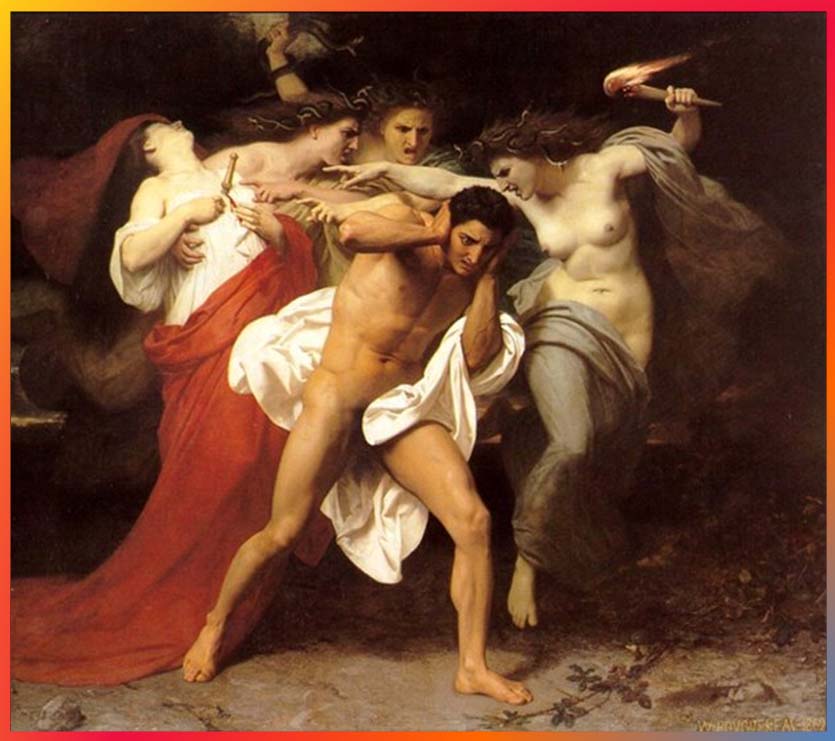 Artwork by Adolph William Bouguereau, 1862
Artwork by Adolph William Bouguereau, 1862
The Elysian Fields


According to Greco-Roman mythology, no mortal, no matter how virtuous, would ever tread the Sacred Path that led to Olympus, as the Heavenly Abode was reserved exclusively for the Gods.





